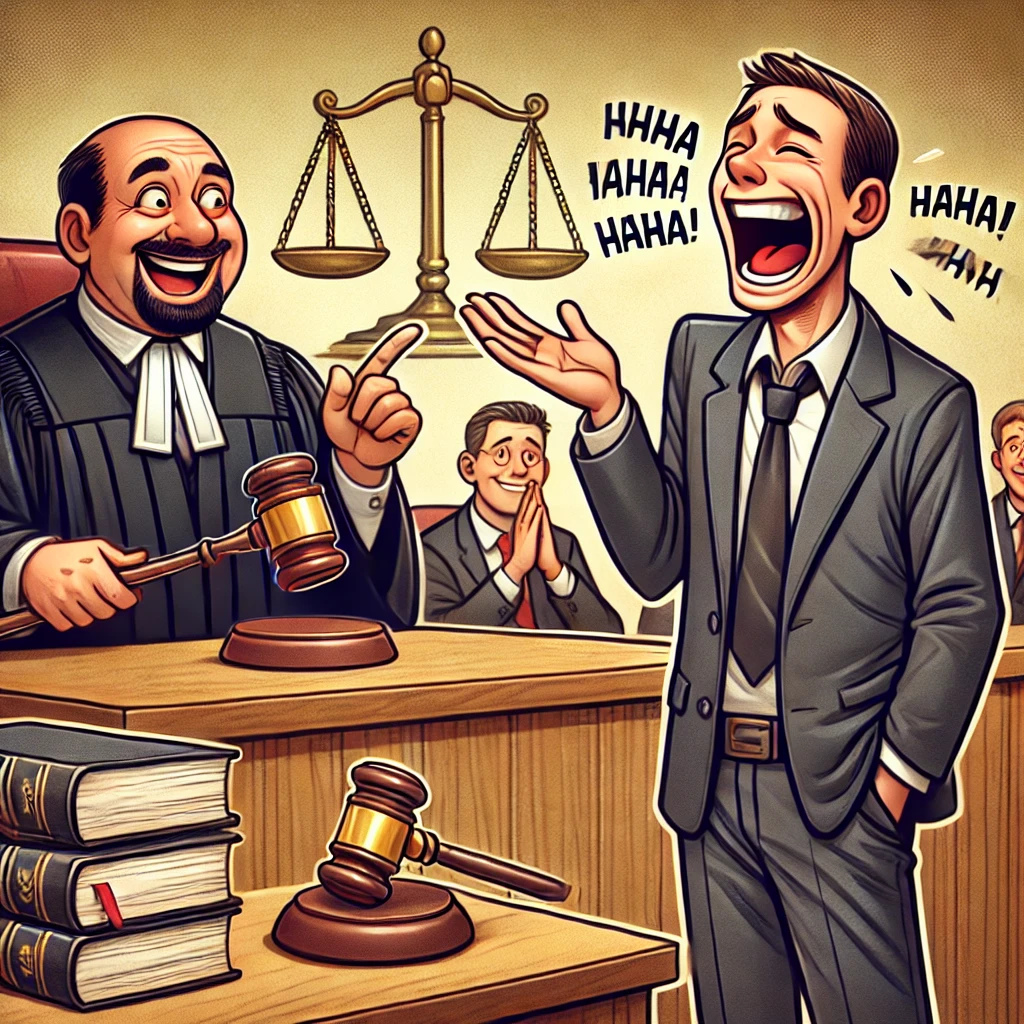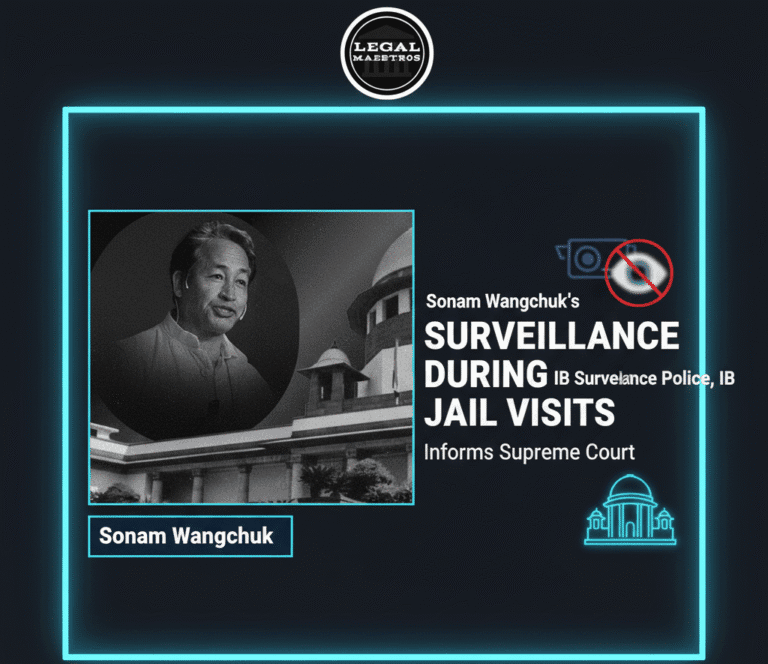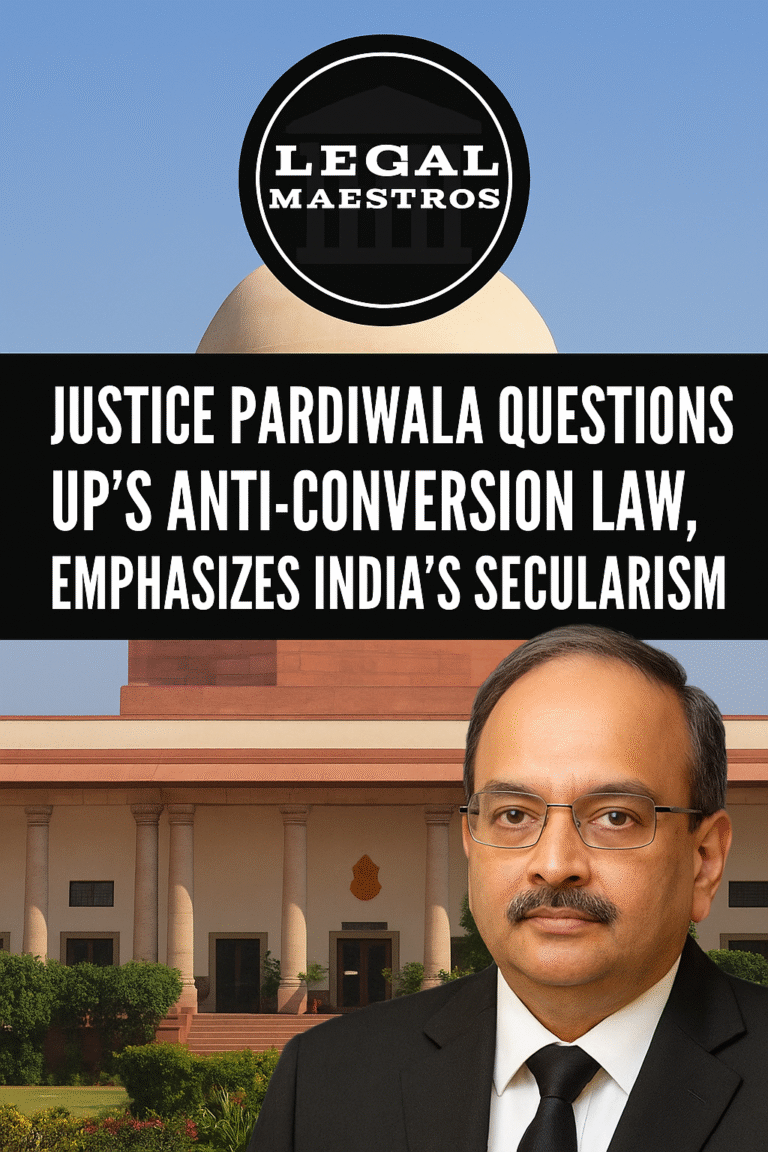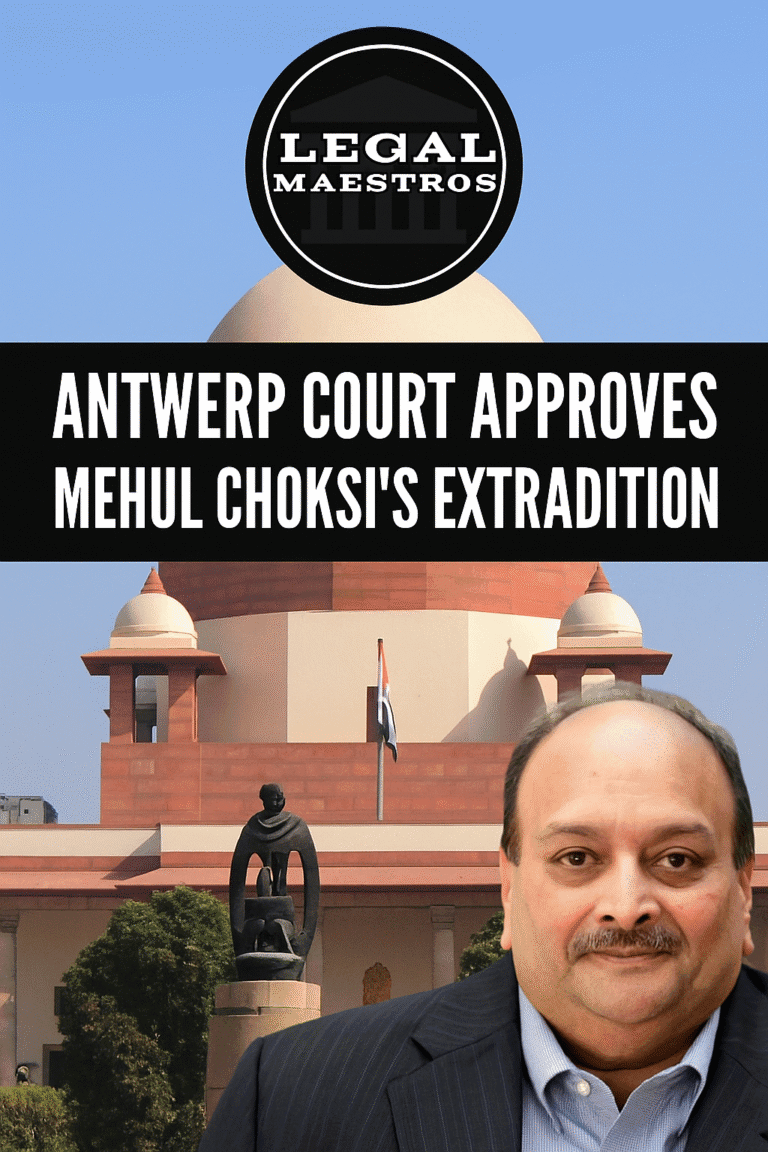
Legal Implications of Vulgarity in India Following Ranveer Allahabadia Incident
The recent episode featuring podcaster and YouTuber Ranveer Allahbadia, also known as BeerBiceps, has created a major controversy in India over the limits of free speech, obscenity, and vulgarity. On an appearance on the YouTube program “India’s Got Latent,” Allahbadia asked a question that provoked public outrage across the nation as well as legal attention. The incident has put under the spotlight talks regarding the legality of obscene material in India and the thin line between obscenity and humor.
**The Incident and Public Outcry**
On February 10, 2025, on an episode of “India’s Got Latent,” Allahbadia questioned a contestant in a provocative way: “Would you rather see your parents having sex every day for the rest of your life or participate once to end it forever?” The comment immediately went viral, which resulted in great outrage on social media and from the general public. Most people considered the remark derogatory and offensive, opining that it went beyond the limits of decency and humor. The upset triggered multiple FIRs against Allahbadia in several states, such as Maharashtra and Assam, for abhorring obscenity. The National Commission for Women (NCW) also took note of the issue, serving notices to Allahbadia and the producers of the show. Facing mounting pressure, Allahbadia issued a public apology, stating, “My comment was not appropriate; it wasn’t even funny. Comedy is not my forte. I’m just here to say sorry.” Despite the apology, the legal proceedings continued, highlighting the serious nature of the allegations.
For any queries or to publish an article or post or advertisement on our platform, do call at +91 6377460764 or email us at contact@legalmaestros.com.
**Legal Framework Governing Obscenity in India**
India’s law dealing with obscenity and vulgarity is under several statutes, mostly the Indian Penal Code (IPC) and the Information Technology Act (IT Act).
**Section 292 of the IPC** makes selling, distributing, and public showing of obscene items unlawful. It also defines obscenity and has punishments for connected offenses.
For any queries or to publish an article or post or advertisement on our platform, do call at +91 6377460764 or email us at contact@legalmaestros.com.
**IPC Section 294** deals with obscene acts and songs, i.e., that whoever, with the intent or knowledge that he will annoy any person, does any obscene act in a public place, or sings, recites, or utters any obscene ballad, song, or words, in or near any public place, shall be punished with imprisonment for up to three months, a fine, or both.
**Section 67 of the IT Act** addresses specifically the transmission of obscene content in electronic form. It provides punishment for publishing or transmitting obscene material on the internet, with punishment ranging from imprisonment to monetary fines.
**Judicial Interpretations of Obscenity**
For any queries or to publish an article or post or advertisement on our platform, do call at +91 6377460764 or email us at contact@legalmaestros.com.
The meaning of obscenity has undergone changes through various judicial pronouncements in India.
In the case of **Ranjit D. Udeshi v. State of Maharashtra (1965)**, the Supreme Court confirmed the conviction of a bookseller for selling an unexpurgated version of “Lady Chatterley’s Lover.” The Court utilized the **Hicklin Test**, which originated in English law, that holds material to be obscene if it has a tendency to “deprave and corrupt” those susceptible to such influences. The test permitted the assessment of obscenity on the basis of detached passages without reference to the work as a whole.
But in **Aveek Sarkar v. State of West Bengal (2014)**, the Supreme Court moved to the **Community Standards Test**. The case concerned the publication of a nude photo of Boris Becker and his fiancée, meant as a protest against racism. The Court held that the obscurity must be determined in light of contemporary community standards and the context in which the material appears. The picture, in the present context, was found to be not obscene since it failed to trigger sexual appetites but sought to carry a message of anti-racism.
For any queries or to publish an article or post or advertisement on our platform, do call at +91 6377460764 or email us at contact@legalmaestros.com.
Moreover, in **Samaresh Bose v. Amal Mitra (1985)**, the Supreme Court drew a line between obscenity and vulgarity. The Court noticed that vulgar writings may induce revulsion and disgust but will never corrupt or deprave the reader’s mind. Obscenity tends to have a potentiality to deprave and corrupt people susceptible to such influences.
**Application to the Allahbadia Incident**
Applying these legal principles to the Allahbadia case entails analyzing whether his comments qualify as obscene under Indian law.
For any queries or to publish an article or post or advertisement on our platform, do call at +91 6377460764 or email us at contact@legalmaestros.com.
1. **Context and Intent**: Allahbadia’s question, while in bad taste, was asked in a humorous context without any overt sexual content or intent to stimulate prurient interests. The context indicates an effort at humor, albeit misguided.
2. **Community Standards**: Owing to India’s varied and mostly conservative populace, such comments can offend most people. Offense alone is not enough to constitute obscenity. The material has to be evaluated to ascertain if it has a depraving effect.
3. **Content Nature**: The comment did not entail outright description or depiction of sexual acts. Although vulgar and disgusting, it might not cross the level of obscenity in law.
For any queries or to publish an article or post or advertisement on our platform, do call at +91 6377460764 or email us at contact@legalmaestros.com.
Similarly, Delhi High Court, while dealing with the web series “College Romance,” touched upon the usage of swear words. The Court observed that although the language was indecent and foul, it did not necessarily constitute obscenity under Section 67 of the IT Act. The judgment dwelled on differentiating between vulgarity and obscenity, declaring that vulgarity may create disgust but does not necessarily corrupt the audience’s morals.
**Regulatory Mechanisms and the Role of OTT Platforms**
The growth of online content on Over-The-Top (OTT) platforms has been challenging for content regulation in India. Compared to traditional media, OTT platforms have remained relatively free and have produced differentiated content, part of which has been found objectionable by parts of society.
For any queries or to publish an article or post or advertisement on our platform, do call at +91 6377460764 or email us at contact@legalmaestros.com.
To address increasing concerns, the Indian government brought in the **Information Technology (Intermediary Guidelines and Digital Media Ethics Code) Rules, 2021**. These rules require a grievance red






